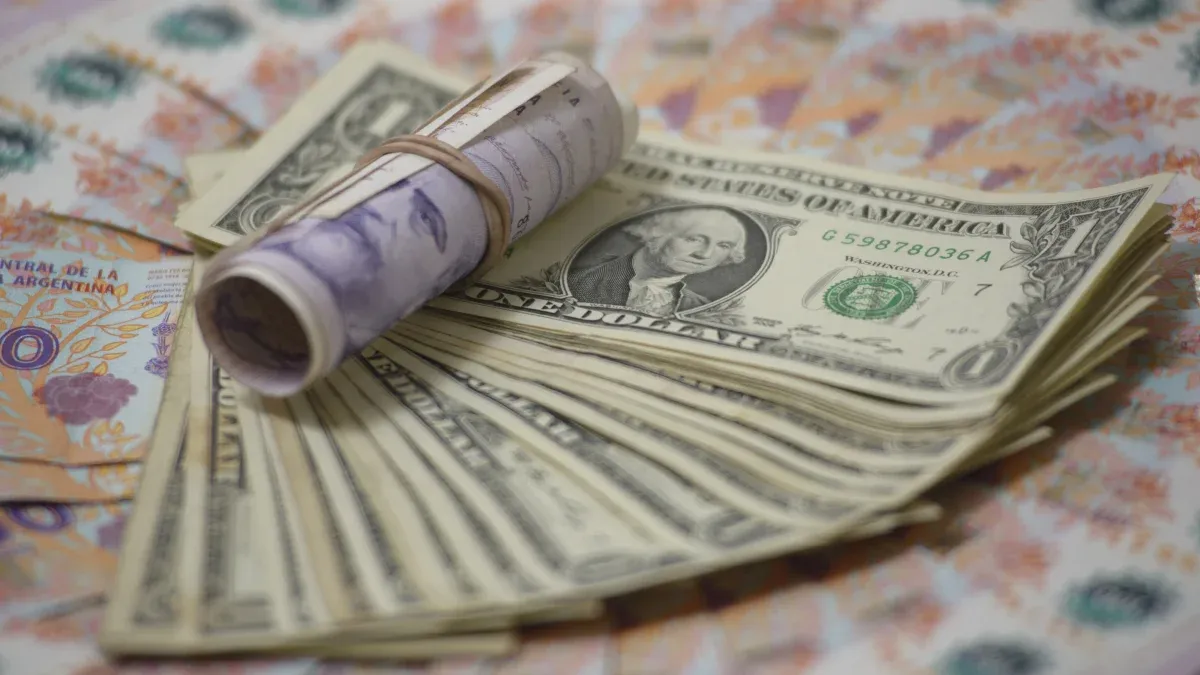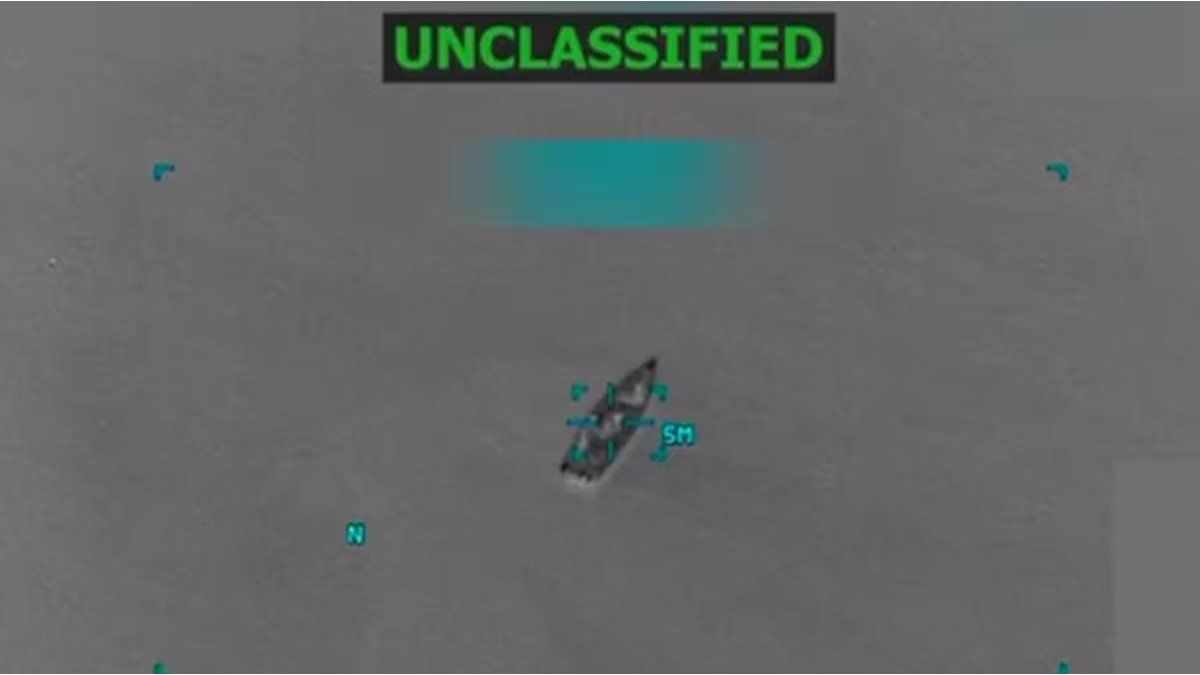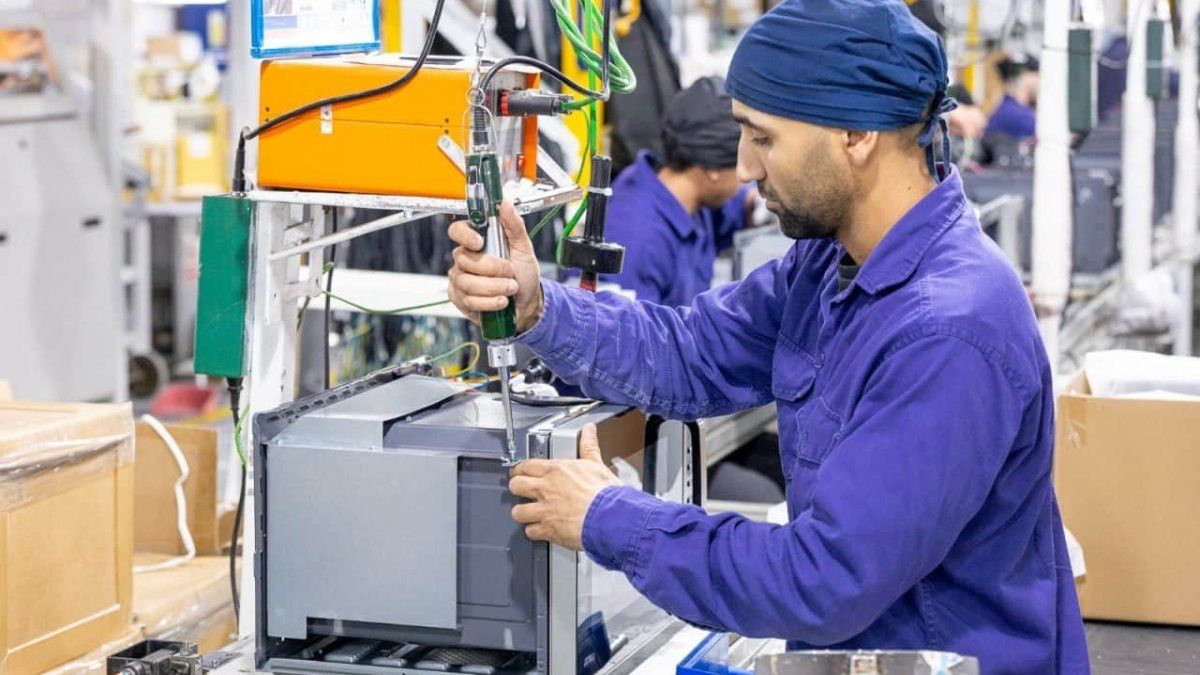The last French president to make a state visit to Germany was Jacques Chirac. At that time, the German president was Johannes Rau and the chancellor was Gerhard Schröder. Now Emmanuel Macron is travelling to Berlin.
Amid dissonance between Berlin and Paris, French President Emmanuel Macron begins a nearly three-day state visit to Germany today. It is the first visit of this kind by a French president in 24 years.
Macron will arrive in Berlin in the early afternoon and will then first visit the Democracy Festival in the government district with Federal President Frank-Walter Steinmeier to celebrate 75 years of the Basic Law. This will be followed by a welcome with military honors, political discussions, a press conference, a walk through the Brandenburg Gate and a state banquet in the evening at Bellevue Palace. Macron will be accompanied by his wife Brigitte.
Unique German-French friendship
From the host Steinmeier’s point of view, the visit is intended to highlight and celebrate the uniqueness of the German-French friendship. He and Macron also want to use the visit to encourage people in Germany to vote in the European elections in two weeks. This is not least due to the concern that, as experience shows, low voter turnout plays into the hands of right-wing parties. In the 2019 European elections, turnout in Germany was 61.4 percent.
In order to underline the uniqueness of German-French relations, Steinmeier invited Macron as the only foreign guest to the celebrations for the 75th anniversary of the Basic Law, according to the Federal President’s Office. “We want to send a symbolic signal that this German-French friendship really belongs deep in the heart of Germany and the political self-image of this republic,” Steinmeier’s entourage stressed.
Differences on important issues
As well as the two heads of state get along with each other, relations between Berlin and Paris are considered somewhat difficult at the government level. There is always friction between the two capitals on key issues. This applies to the question of the right support for Ukraine as well as to the question of economic policy orientation towards competitors USA and China. These questions are to be discussed after the state visit at a German-French ministerial council next Tuesday afternoon in Meseberg Castle, the guest house of the federal government, north of Berlin.
Macron preaches greater European autonomy with its own defense strategy and protection of the economy from unfair competition from China and the USA. Chancellor Olaf Scholz (SPD), on the other hand, is sticking to his transatlantic orientation and the important trading partner China. And in the Ukraine conflict, Macron surprised Scholz with his thoughts on sending ground troops, something Scholz categorically rejects.
Scholz also rejects the delivery of long-range Taurus cruise missiles to the country attacked by Russia. France, on the other hand, has been providing its Scalp missiles for some time. In return, Berlin accuses Paris, as the EU’s second-largest economy, of doing far too little for Ukraine.
Europe speeches without answers from Berlin
CDU chairman Friedrich Merz criticised the fact that relations between the two countries are worse than they have been for decades. Immediately before Macron’s visit, he demanded a clear signal from the German government on European policy. Merz criticised the fact that Macron from Berlin had not received a response from Germany to his two major speeches on Europe at the Sorbonne University in Paris. “That was rightly met with great irritation in Paris, across all parties,” Merz told the broadcaster rbb24 Inforadio. The first speech was still in Angela Merkel’s (CDU) government.
In his second speech last April, Macron warned that there was a great risk that Europe would be “weakened or even downgraded” in the next decade. He called for a European defense strategy with a common arms industry and an accelerated rearmament process financed by EU funds in order to be able to cope with the threat from Russia. Scholz commented on the speech on Platform X by saying that the common goal of France and Germany was “that Europe remains strong.” He added to Macron: “Your speech contains good ideas on how we can achieve this.”
Dresden and Münster as further stops
Europe will also be the topic of discussion on Macron’s second day of the visit. He and his wife will travel on to Dresden with their hosts. There, the French president plans to give another speech on European policy in front of the Frauenkirche in the afternoon. There is speculation that Macron could use the opportunity here, not far from the border with the Czech Republic, to turn his attention to his Eastern European partners. There is great concern among them that they could become the next victims of Kremlin chief Vladimir Putin’s expansionist policy. Then it’s on to Münster, where Macron will be awarded the International Peace of Westphalia Prize. Steinmeier will give the laudation.
Source: Stern
I have been working in the news industry for over 6 years, first as a reporter and now as an editor. I have covered politics extensively, and my work has appeared in major newspapers and online news outlets around the world. In addition to my writing, I also contribute regularly to 24 Hours World.




